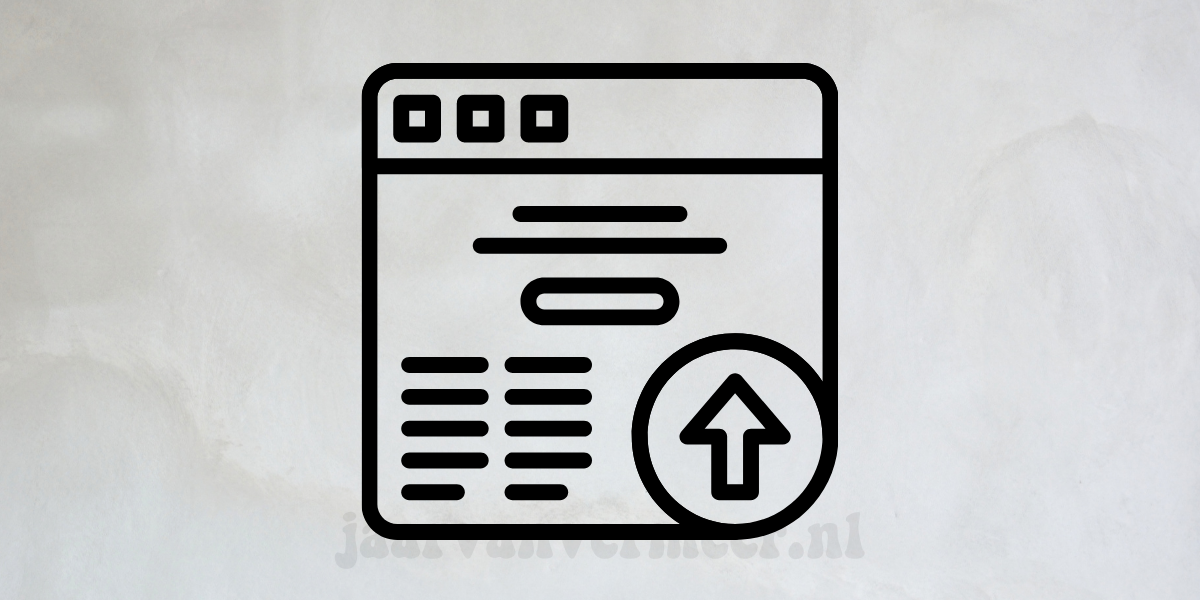
Germany is an export-oriented market. These main products include industrial goods and services. Germany is well-known for its machines. They are evident on the international market. Exports account for approximately 52% of Germany’s GDP. If you plan to export from Germany, it will be helpful to understand the processes involved.
A successful business is built on satisfied customers. Customers are just like you, waiting for the delivery of the goods. Information can be detrimental to a business.
The import procedures are handled by your broker. Although exporting to Germany is straightforward, it can be complicated. It’s possible to save a lot of time if you understand how exporting works. The following information will help you to be a better exporter.
What is the VAT rate?
Exports from Germany are exempt from VAT.
Civil Aviation Authority Regulation: Known Shipper or Unknown Shipper
Is the shipper a known shipper? An x-ray screening is required if the shipper is not a Known Shipper. This will increase the cost. Each forwarder will have his own listing, so there is no set tariff.
Export Procedures before pick up
ABD, or Export Declaration, is required if the commercial invoice value exceeds 1000 EUR. It is a PDF file that has a bar code at the top.
If the invoice value falls below 1000 EUR, the commercial invoice is the paper used to export. It must be presented at customs, preferably with the original.
Don’t forget: Once the freight has been collected from the shipper, the Export Declaration procedure can not be completed. To obtain the declaration, an electronic advance application must be sent to the local customs office of the shipper. To be able to get the order, the goods must physically be in the shipper’s facility or warehouse. The geographical location of the goods determines the local customs office, not the place where the exporter is located.
Get it now
Only after the Export Declaration is completed can pick up be organized.
Freight forwarders will specify a pick-up time. The freight is typically picked up between 8 and 5 p.m. and arrives at the warehouse late in the evening.
Iran Special Regulation
A special law governs exports from Germany to Iran. An Export Declaration is required for all exports, even if they are less than the amount above.
Customs Registration/EORI Number: Pre-export formality
Exporting is only possible for companies with a Customs Registration number called EORI number. This registration is free, and the exporter must do it. The management of the company should follow the instructions on the website of German customs and send a fax to the registration office. As proof that you have applied, the transmission journal can be used. This document must be submitted to the local customs office to support the export declaration application.
Shippers are often registered, and most business houses will have an EORI number. The above number is required to import into Germany. Exporting to Germany requires that you provide your consignee’s EORI Number to your freight forwarder.
Packaging Material
Packaging is an important aspect to consider before you pick up the goods. This information will be known by your shipper. It is required that packaging made from wood be made from treated lumber. It is essential that the shipper only uses wood with the IPPC logo. This point is not applicable if no wood is used.
Dimensions
For long-haul flights, keep dimensions at 120x80x160 cm (LxWxH in cm). For short-haul flights, it may be easier to keep the weight of the aircraft to 150 Kg and the height to 75 cm. This is true for small consignments.
Freighter Service
Do not forget that 747 freighters aren’t used by many airlines when it comes to large machines. The MD11, the most used aircraft currently in use, has a maximum height limitation of 244 cm. This includes the airfreight container (also known as ULD), which is included under the freight. Although it is impossible to determine the width and length of the cargo, it is recommended that the width not exceed 250 cm.
Flying: Consolidation or Direct
You will receive an airway bill directly from the consignee for direct service. A broker is needed to do customs clearance.
Your freight is consolidated under a sub-way bill (HB) or House Air Way Bills (HAWB). A Master Air Way Bill will cover such a document. The house bill will go to you (the consignee), and the MAWB will go to the deconsolidation (an airfreight agent at the destination).
Your broker will need to receive the documents (airway bill, commercial invoice, and packing lists if applicable) from the de-consolidator for customs clearance. The broker will explain the procedure. Before any approval can begin, you will need either a Single Entry Bond (or a Continuous Bond) if you are located in the US. These formalities will be handled by your broker.
Before you place an order, make sure to understand the German export regulations. Knowing the German export process will make your business’ life more manageable. Avoiding problems later is possible by knowing in advance—a step-by-step guide to self-education from someone who has done it many times throughout their lives.